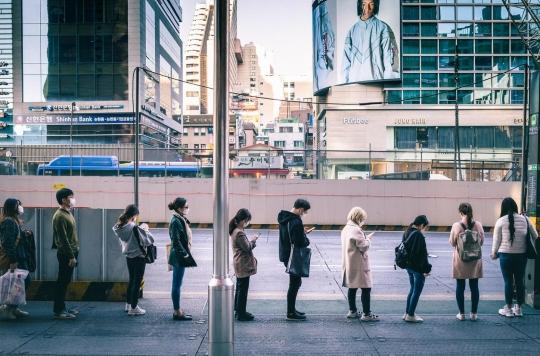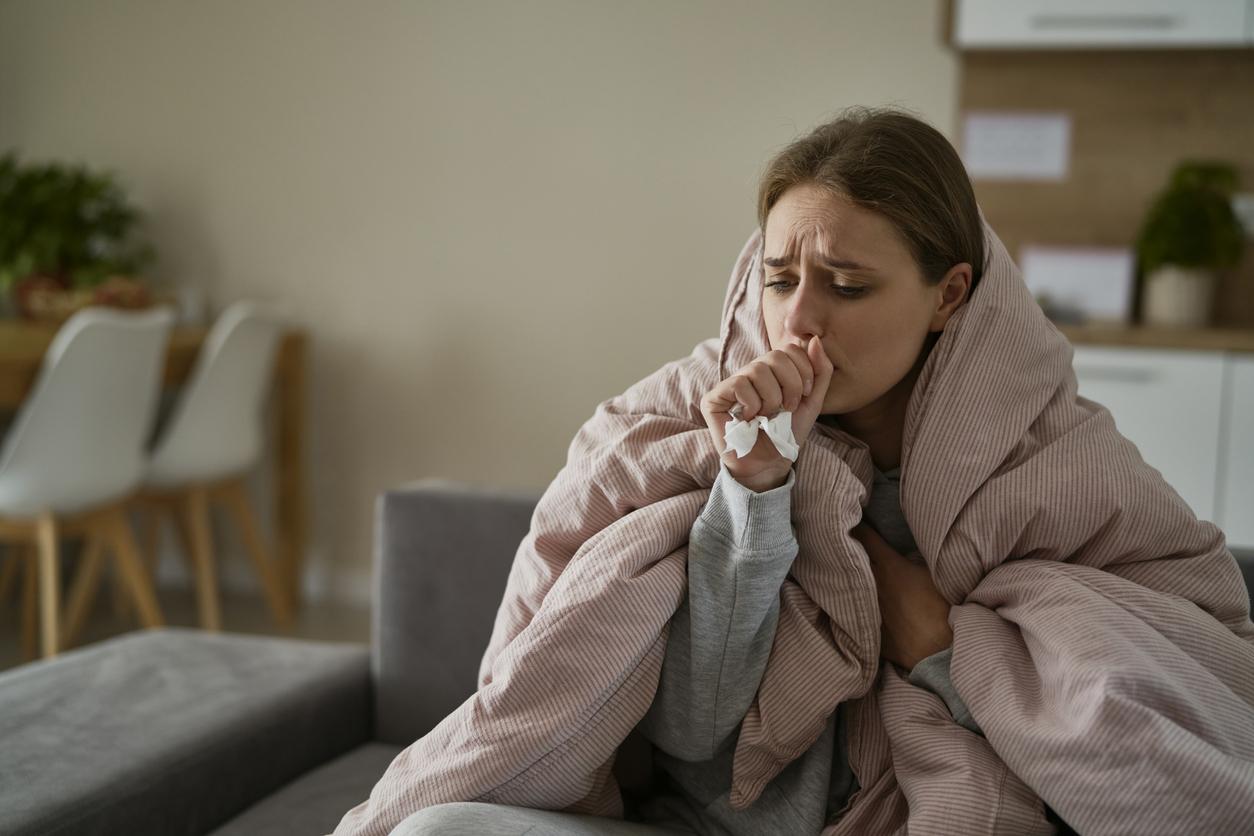Shown as an example for its management of Covid-19 on its territory, South Korea is facing a new increase in the number of patients on its soil. A nightmare for his health watch which also reactivates homophobic reactions.

- The record number of new Covid-19 cases in one day was broken on May 11 in South Korea
- The country cited as an example for its management of the epidemic fears a “second wave”
- Seoul mayor has closed bars and nightclubs again
Chills in the Land of Morning Calm. The record for the number of Korean contaminations in a single day was broken this Monday, May 11 with 35 new contaminations. This statistic had not changed since April 9. Besides this bad news, 29 of the 35 cases are linked to the trendy Itaewon district of Seoul. In just one week, this place is common to 94 new cases detected according to the KCDC, the South Korea Center for Disease Control and Prevention. A 29-year-old man seems to be the source of these new contaminations. Diagnosed on May 6, he feasted in five different bars in the neighborhood on the night of May 1er to May 2.
A country shown as an example
A painful reversal of the situation for this country often held up as an example for its management of the epidemic without resorting to containment. However, while the number of contamination had stagnated for several weeks, it quickly increased again in Seoul and Gyeonggi – the peripheral region of the capital – within a few days. A scenario that recalls the wave of contamination caused by a follower of the evangelist church Shincheonji last February. According to the KCDC, this practitioner caused 60% of the country’s infections last March.
Race against time
To limit the damage, Seoul (9.9 million inhabitants), the Gyeonggi region (12 million inhabitants) and the city of Daegu (2.4 million inhabitants) have one after the other closed for a fortnight their bars and discos. Seoul Mayor Park Won-soon reports the Korean Heraldasks closed establishments and people who have visited them to “respect a strict quarantine”.
The difficulty for the authorities consists in identifying in time the clubbers of the 1er May from Itaewon to avoid further contamination. To find potentially infected people, the authorities plan to analyze bank transactions, telephone terminals and video surveillance images in the neighborhood. Of the 1,500 people registered on the nightclub entry registers, 200 could not be reached. This Monday, 44.5% of people suspected of having frequented bars in Itaewon, were tested, or 2,456 out of 5,517 people.
homosexuality, a Korean taboo
To the difficulty of finding these people is added the fear for some of being singled out as homosexual. The Itaewon district is popular with foreigners and the gay community. If homosexuality is not legally condemned in South Korea, it remains a subject of prejudice, shame and exclusion according to the Korean Herald : “Many hide their identity for fear of being judged, as being out of the closet can cost them their reputation and career.” According to OECD Society at a Glance 2019 barometerSouth Korea is near the bottom of the table regarding the acceptance of homosexuality.
the Guardian reports that Seoul Mayor Park Won-soon on Monday guaranteed the anonymity of those screened while threatening them with a fine and home visits from health workers and police if they did not come closer. quickly from the authorities. A way to put pressure on the recalcitrant. Authorities fear a spike in new cases on Wednesday. Monday, May 11, the country had 10,909 cases of infection for 256 deaths.

















